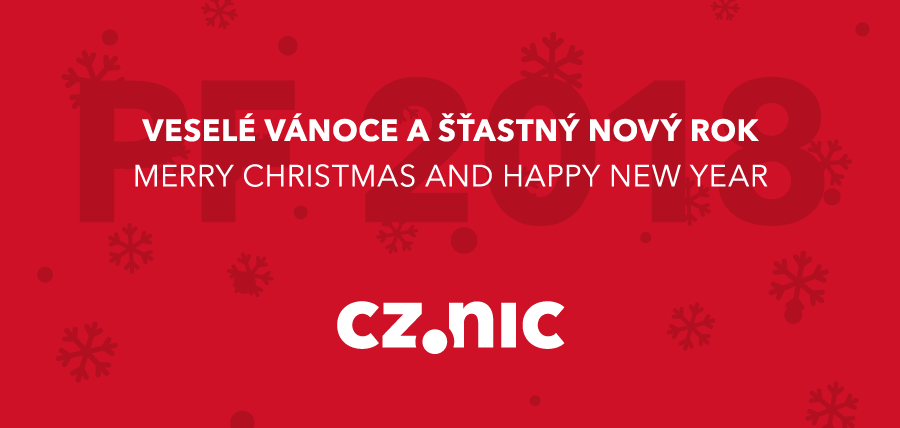Our second crowdfunding campaign for Turris routers will end in a week. The first one for Turris Omnia ended up being a phenomenal success. That time we set our target amount to USD 100,000. In 60 days, we collected an incredible USD 875,000, which was — and still is — the second highest amount collected in Czech campaigns. That’s why we figured that in the case of MOX we definitely cannot stay too close to the ground in order to maintain our trustworthiness. Eventually, we set the target amount to USD 250,000, which, compared to Omnia, looks like a low figure, but it is actually quite ambitious. This campaign is different in two important respects:
Announcing the MOX Cloud with Nextcloud, giving you back control over your data
We’re proud to announce today that we teamed up with Nextcloud to bring our users a self-hosted private cloud. The Turris MOX: Cloud is ready-to-go bundle with our new optional USB expansion board with 4 USB 3.0, making a device capable of serving your data 24/7. Running on the MOX, Nextcloud gives you easy access to your photos, documents, calendars and contacts and much more through easy to use interfaces for web and mobile devices. With the Turris OS 4.0 update, any Turris system gains the ability to easily manage external drives and install Nextcloud. In the world of ever increasing security threats and privacy violations, hosting your own data is an urgent need and a private cloud makes it possible!
Which MOX is the right one for you?
We launched the campaign for Turris MOX – modular and open source router. As modularity is something new in this field, some users are quite confused and don’t know what should they pick. This article is here to help you a little bit decide which combination is the right one for you and help you understand why would you actually want modularity.
Together for better stability, speed and further extensibility of the DNS ecosystem
Over past years, various DNS software developers tried to solve the problems with the interoperability of the DNS protocol and especially its EDNS extension (RFC 6891 standard), by temporary workarounds, which aimed to lend their software an ability to temporarily accept various non-standard behaviors. Unfortunately, time has shown that this attitude of adding temporary workarounds is not a long-term solution, especially because the implementations not fully complying with standards were seemingly functional and there was no reason for a permanent fix. The result of these makeshift solutions is their accumulation in the DNS software, leading to a situation where there are so many of them that they themselves begin to cause problems. The most obvious problem is slower response to DNS queries and the impossibility to deploy new DNS protocol feature called DNS Cookies, which would help reduce DDoS attacks based on DNS protocol abuse.
Czech SIC votes for age 13
Czech children under age 13 who use Facebook or Instagram are less than four months away from becoming lawbreakers. What makes the situation even worse is the fact that unless a law is passed by this May that would set the threshold for the use of social networking services to 13 years, from that point their use, along with other services, will become illegal for every person aged from 13 to 16 who does not obtain consent of their parents. This issue has already been addressed in our blog by our colleague Jiří Průša. But let’s go deeper.
Welcome HaaS
Or, to be exact, you could welcome it last October, when we released its beta version. In the beginning, we were debugging it, while leaving the registration free, then came the stress test in the form of moving of all users of the Turris routers. We resolved all the issues and considered the suggestions, so nothing was in the way of launching HaaS — Honeypot as a Service.
Upgrade of the .CZ DNS or Behind the Scenes of Preparation and Implementation – Part Two
At the beginning of 2017, we started working on a project of augmenting infrastructure of authoritative DNS servers that keep the .CZ domain running. Our main motivation was to increase the resiliency of the DNS infrastructure against DDoS attacks – the risk that is constantly growing. The basic building unit of the new DNS infrastructure is the so-called “DNS stack”.
Almost 4 million new gTLDs disappeared in 2017
Last year was not a good year for new generic domain names (new gTLDs). While a number of domain names became available for registration, the total number of new domain names decreased for the first time in its history. While there were 27,710,468 domain names registered at the beginning of the year 2018, only 23,823,948 saw the end of the year. Domain holders in the Czech Republic had a total of 23,245 new gTLDs registered, i.e. less than 0.1 %.
For our children to continue using the Internet
The time before the GDPR enters into force is relentlessly ticking away. Do not worry, in this post I am neither going to paint scary pictures of what companies will have to face, nor make a list of what you should forget about when this law is enacted; I will “just” focus on the processing of personal data of children, namely the Article 8 that regulates the conditions for granting consent with processing of the child’s personal data in connection with information society services.
Nice and happy Christmas holidays and everything good in the new year 2018 wishes the CZ.NIC team
